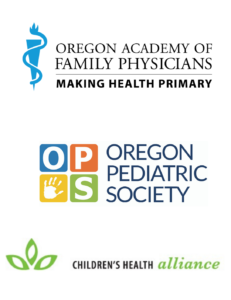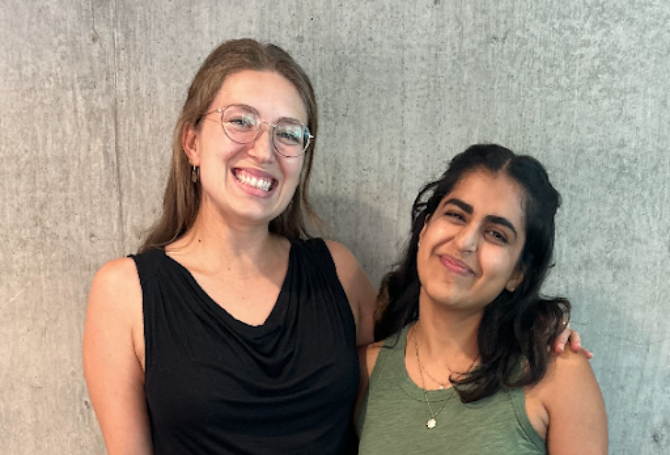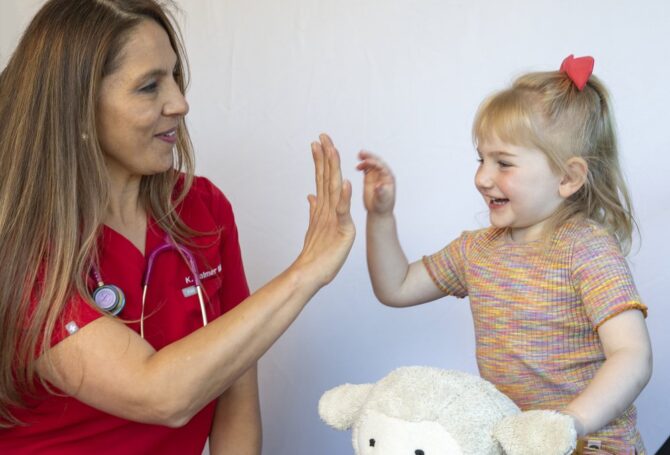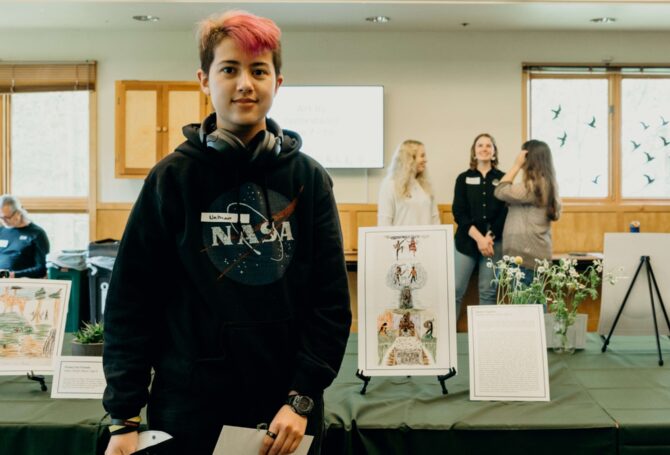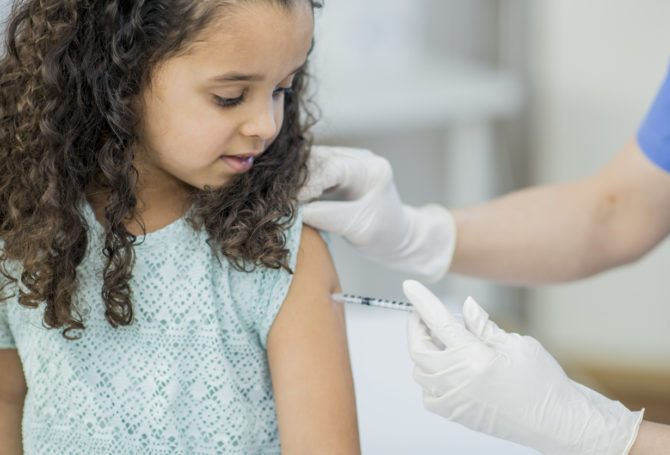
April 30, 2020
The Oregon Chapter of the American Academy of Pediatrics (Oregon Pediatric Society), Oregon Academy of Family Physicians (OAFP), and Children’s Health Alliance are strongly encouraging families during the COVID-19 pandemic to contact their doctor’s office for newborn, child, and adolescent medical and behavioral health appointments for urgent, preventive, chronic, and specialist issues. Because of rapid innovations since February by Oregon child health providers to adjust their clinical procedures, patient visits can be conducted safely at the doctor’s office, through online telemedicine video or phone visits from the family’s home, or by a combination. The Oregon Health Authority considers child well visits and vaccinations essential services.
Physicians across the country and the Oregon Health Authority Immunization Program have seen a significant decrease in child health visits and vaccinations in the last two months and are concerned that delaying vital preventive or illness care may create problems for kids in the short and long term. While many non-essential patient procedures, surgeries, and visits were postponed in the early stages of the pandemic, public health officials made those decisions to preserve personal protective equipment for health care professionals. Oregon clinics and medical systems responded quickly to the public health crisis and have new protocols in place to keep well visits and sick visits separate, additional sanitizing and masking practices, and other new policies to take care of their patients and themselves during office appointments. For example, many practices only allow patients to enter the building when their room is ready, or see patients and deliver vaccinations to them in their cars. Clinicians can also determine during a telemedicine visit if an in-person visit is needed based on each child’s and family’s individual situation.
Children’s symptoms with COVID-19 are generally much less severe than adults. April data from hospitals around the United States and the Centers for Disease Control and Prevention show that 2% of the confirmed COVID-19 cases have occurred in people under age 18. While the relative danger to children from COVID-19 is currently small, the risk for kids who miss their routine medical visits and vaccinations could have a greater effect. “Getting vaccines is important to protect your child from preventable illnesses,” says pediatrician Jay Rosenbloom, MD, PhD, FAAP. “Even with recent physical distancing, there are still diseases in the community that can put your child’s health at risk. Call your child’s doctor about scheduling an appointment to get them caught up if they have fallen behind.”
Active or bored children sheltering at home without childcare, school, or adequate play space, combined with distracted supervision from busy adults, can lead to more unintentional injuries. Children or youth with developmental or behavioral challenges can pose especially challenging risks. With 90-day supplies of medications in some homes, and toxic ingestions a leading factor in suicide attempts, it is imperative that medications are secured from children and youth. Further, Ben Hoffman, MD, Medical Director of the OHSU Tom Sargent Safety Center and chair of the American Academy of Pediatrics’ Council on Injury, Violence and Poison Prevention emphasizes, “It is crucial that parents and caregivers make sure that kids and teens cannot access firearms in the home. Using gun vaults, safes and locks is more important than ever!” Dr. Hoffman is also concerned about increased window falls, furniture tip-overs, climbing and bicycle injuries.
Oregon clinicians are widely reporting that telemedicine has been embraced by families and adolescents and its use for behavioral health visits has dramatically increased in the last two months. In addition to maintaining important well child checkups and vaccine schedules for children five and younger, parents are also encouraged to use telemedicine appointments with their child’s primary care medical home to discuss new illnesses; issues such as allergies, asthma, and sleep concerns; or general questions. Through video chats, teenagers can privately connect with clinicians to discuss mental health concerns like anxiety, depression, or substance use.
The increased economic, proximity, hunger, and psychological stressors on isolated families deeply worries primary care providers, as does the health disparities in how COVID-19 is impacting different demographic populations and communities. Connection with the child’s doctor can identify potential indicators of additional stress on the family that might lead to abuse or domestic violence and help guide the family towards alternative solutions and resources.
Health experts caution parents about following nonmedical advice during this time, such as purposefully exposing their child to the virus or ingesting unproven chemicals and medications to prevent COVID-19. Parents looking for medically sound information or tips for talking to kids about this global public health infection can go to the American Academy of Pediatrics’ parenting website healthychildren.org or get COVID-19 updates from the Centers for Disease Control and Prevention.
“Primary Care is the backbone of children’s health, so during these challenging times it is especially important to be available for Oregon’s children and families,” said OAFP President David Abdun-Nur, MD. “We remind families that, as always, clinics and health providers all over Oregon are doing everything they can to keep their patients safe and offices clean. We urge families to stay connected to their child’s doctor.”
4/30/20

